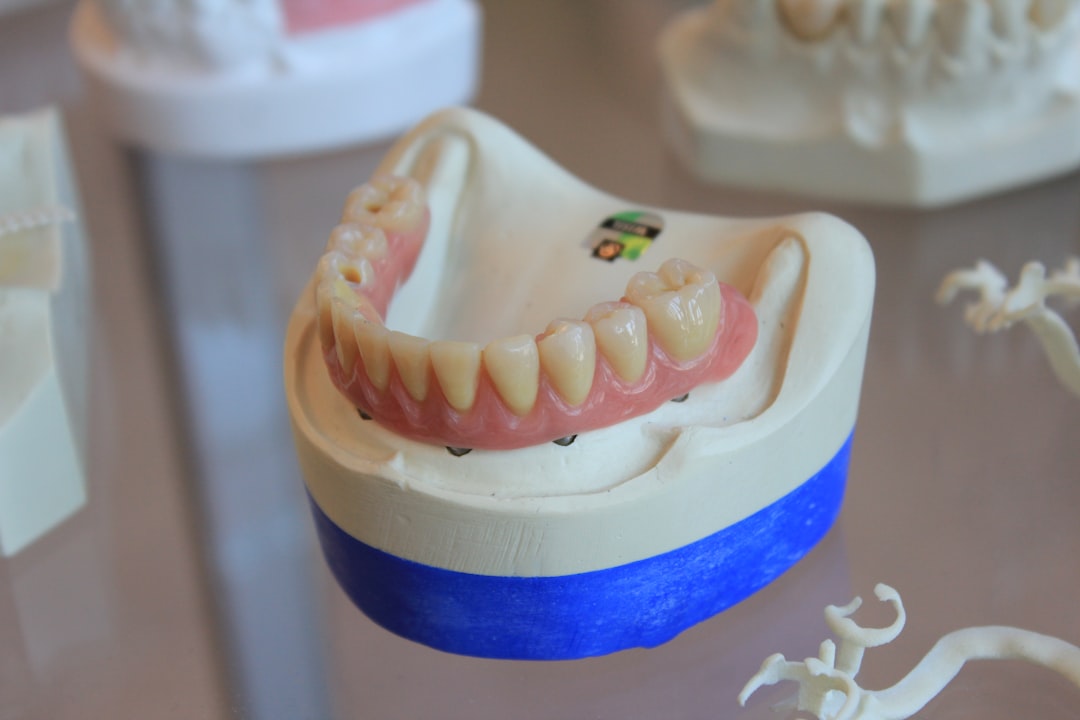When someone says that their TMJ is causing headaches or other pain problems, what they actually mean is that their TMD is causing pain in their TMJ.
Either way, it’s a mouthful and a pain in the…well, TMJ. So, you might need a TMJ mouth guard to treat the pain, along with some easy to learn at-home approaches for managing stress and other issues that lead to the disorder.
What is TMJ?
TMJ stands for Temporomandibular Joint, which is located on both sides of every person’s face and connects the jawbone to the skull.
Most people refer to TMJ as the disorder that causes pain, but the actual condition is known as a Temporomandibular Disorder or, as you probably already guessed, TMD.
Pain in the Temporomandibular Joint (TMJ) is generally the result of an injury and inflammation in the connective tissue between the jaw and the skull.

What Causes TMJ or TMD?
There can be a number of different issues that lead to TMD (temporomandibular disorder), such as an injury or physical trauma that caused a misalignment of the teeth or the jaw. There could also be a natural misalignment in these areas that creates pain as well.
Other common causes of TMJ can include teeth grinding or clenching, which many people are unaware they do while sleeping. The medical term for teeth grinding is known as bruxism.
Poor posture in the upper back and neck muscles that cause muscle strain can also lead to abnormalities in the function of the jaw muscles. Arthritis in these areas can create jaw pain, as well as something less complicated like chewing gum.
It might not seem obvious, but episodic or chronic stress can lead to problems with TMJ and TMD because high levels of tension sometimes causes people to unwittingly clench their jaw for extended periods of time.
What are the Symptoms of TMJ Disorder (TMJD)?
Consistently experiencing jaw pain is one clear sign that TMJ disorder might be a problem, but discomfort from this disorder can also show up in the face, forehead, eyes, neck and ears.
Symptoms of TMJ can include jaw clicking or popping, sore or tender jaw muscles, or even incidents where the jaw-joint locks up, essentially getting stuck.
TMJ disorder may also create the sound of popping in the ear, present as ear pain or lead to earaches. Throbbing or soreness in the temple areas of the head can be an issue and, of course, those nagging, painful headaches.
How Can TMJ be Treated?
For people dealing with the pain and discomfort of these issues, there are some at home approaches to treating the pain, along with a night guard for TMJ to help reduce issues of teeth grinding and clenching during sleep.
Some of the most common TMJ treatments include:
- Ice packs on the jaw to help reduce inflammation
- Massaging the muscles of the neck and the jaw
- Jaw exercises and stretches
- Practicing relaxation techniques
- Botox
- Surgery
- Mouth guard for TMJ
How Does a Mouth Guard for TMJ Help With the Symptoms?
Teeth grinding and clenching (bruxism) is one of the most common reasons people experience the symptoms of TMJ. The best way to know for sure is to have a dentist do a proper examination to determine the exact cause.
If the dentist agrees the TMJ symptoms are caused by bruxism, a mouth guard for TMJ will probably be the recommended solution.
There are different types of mouth guards, or splints, to accommodate problems associated with TMJ. If misaligned teeth prove to be the culprit, the dentist will custom fit a guard to modify or transform the alignment issues.
On the other hand, the symptoms could be caused by grinding or clenching and a simple bite guard to protect the teeth should work well.
Not only will this save the teeth from extra wear, it will separate the teeth from touching and help relax the jaw, thereby reducing pain in the joint.
A mouth guard for teeth grinding can be worn at night while sleeping to accomplish this, and many times the pain will be reduced upon waking in the morning. Grinding and clenching occurs most frequently at night when we don’t notice it and can’t consciously stop.
Night guards can also be worn during the day to alleviate stressful situations that cause many of us to become tense and clench our teeth.
Either way, a mouth guard for teeth clenching will often also serve to reduce the causes of TMJ pain.
It’s best to use a mouth guard that isn’t too soft because that can actually promote grinding or clenching as it gives the teeth something soft to play with or chew on.
While a mouth guard for TMJ might not work for everyone, it has shown to provide relief for many people, along with practicing stress reduction therapies such as mediation or mindfulness and jaw relaxation techniques.
